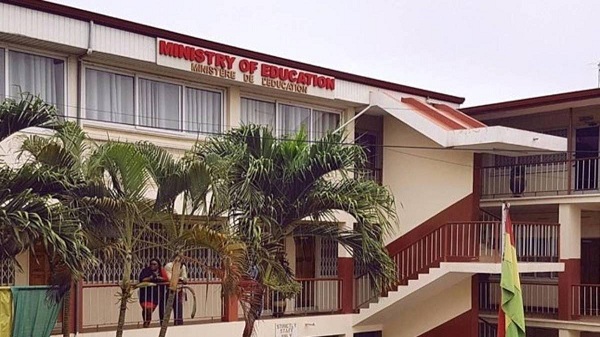The Ministry of Education has moved to address the public debate surrounding the compulsory use of Ghanaian languages as the medium of instruction in basic schools.
Deputy Education Minister Dr. Clement Apaak has clarified that the directive from the sector minister, Haruna Iddrisu, applies strictly to the early years of basic education and not to all levels.
The clarification was made on Monday, October 27, 2025, during the launch of the Foundational Learning Action Tracker. His remarks followed public concerns and widespread discussions after the initial announcement of the language directive.
READ ALSO: Education Minister directs GES to enforce compulsory use of mother tongue in schools
Dr. Apaak explained that the minister had specifically asked him to outline the scope of the mother tongue policy to avoid misinterpretation and calm public concerns.
He said the intent of the policy is to strengthen foundational learning by allowing children to learn in their familiar local languages during their formative cognitive years.
“The Honourable Minister for Education has asked me to clarify that the policy directive he announced on Friday regarding the compulsory use of mother tongue as a medium of instruction in our public basic schools is confined, emphasis, confined to KG up to Primary 3,” Dr. Apaak said.
He further simplified the explanation to make the policy’s boundaries clear.
“In other words, KG and Lower Primary. Having clarified what seems to have given a few persons sleepless nights, I bring you greetings,” he added.
This clarification means that instruction from Kindergarten to Primary Three (Lower Primary) will primarily be conducted in local languages, while English will become the main language of instruction from Primary Four upward.
Meanwhile, several education experts have welcomed the initiative but cautioned that its success will depend on adequate government commitment, teacher preparation, and the availability of appropriate teaching materials.





